How Democracy Leads to Tyranny From Plato’s Republic

In his Republic, Plato examines how Democracy can lead to Tyranny in a republic. We explain Plato’s theory as it pertains to democracy and tyranny.
Liberalism is the ideology of liberty and equality, conservatism is the ideology of authority, hierarchy, tradition, and order.
Liberalism is a political philosophy based on the principles of liberty and equality that grew out of the Age of Enlightenment.
If you don’t want the King or Church taking your life, liberty, and property, if instead you believe you have “the right” of “consent”… you might be a liberal.
Likewise, conservatism is the opposition philosophy of liberalism. It is the check that balances liberalism.
both liberalism and conservatism come in classical and social forms and speak to issues of state, social issues, and economics. In terms of economics there are also classical and social forms of liberal and conservative economics.
There are a number of different forms of liberalism and conservatism which each denote differing ideologies, but they generally all share core principles (like all liberal ideologies share basic liberal and left-wing planks and all conservative ideologies generally share basic conservative and right-wing planks).
With the above said:

In his Republic, Plato examines how Democracy can lead to Tyranny in a republic. We explain Plato’s theory as it pertains to democracy and tyranny.

The problem with unsubstantiated information is that it is unverified as true, and often leaked by sources with plausible deniability, which is confusing.
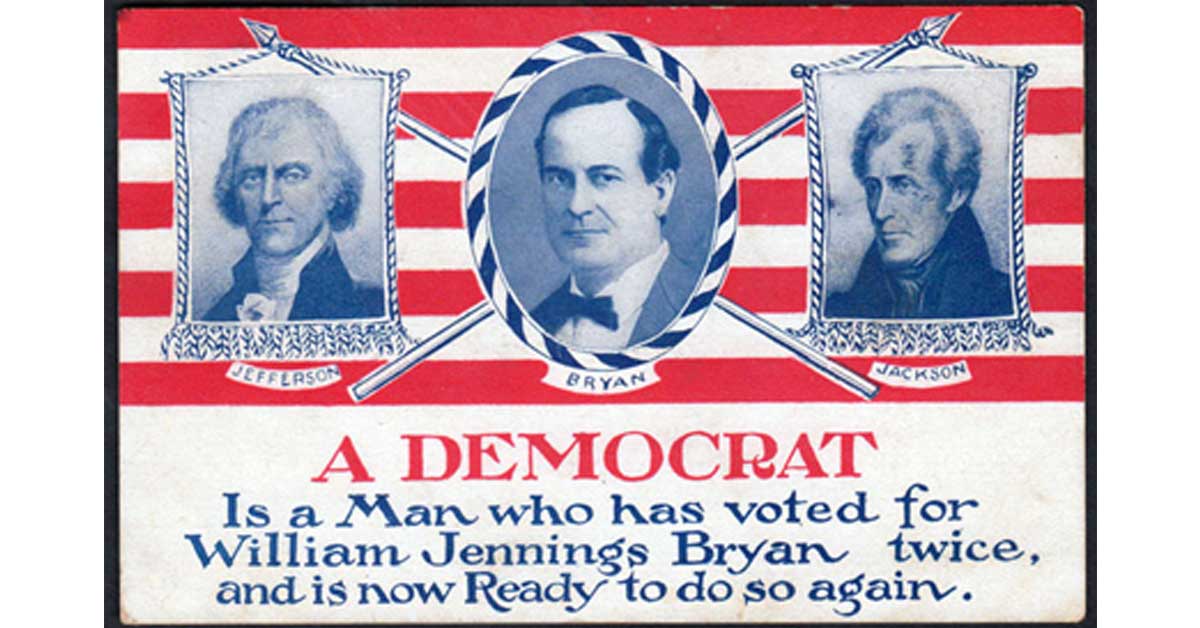
Thomas Jefferson is credited with having said, “equal rights for all, special privileges for none,” a slogan that other progressive Democrats like Williams Jennings Bryan embraced.
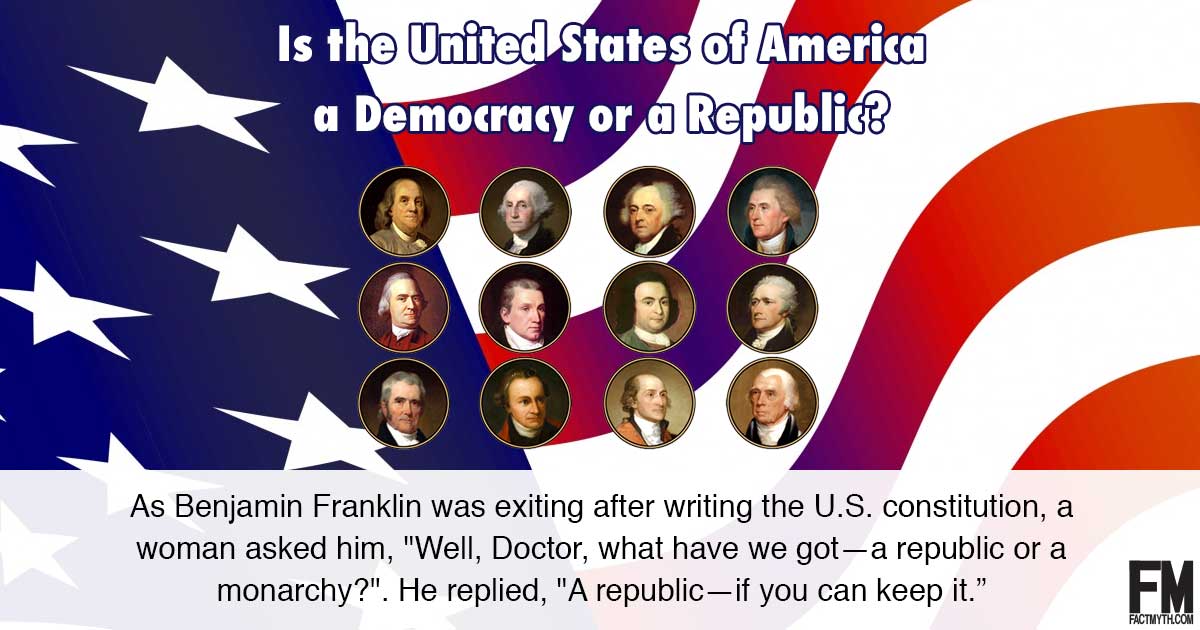
We explain the meaning of Democrat, Republican, Whig, Federalist, Anti-Federalist, Union, and Confederacy the political terms the major parties used for their party names.
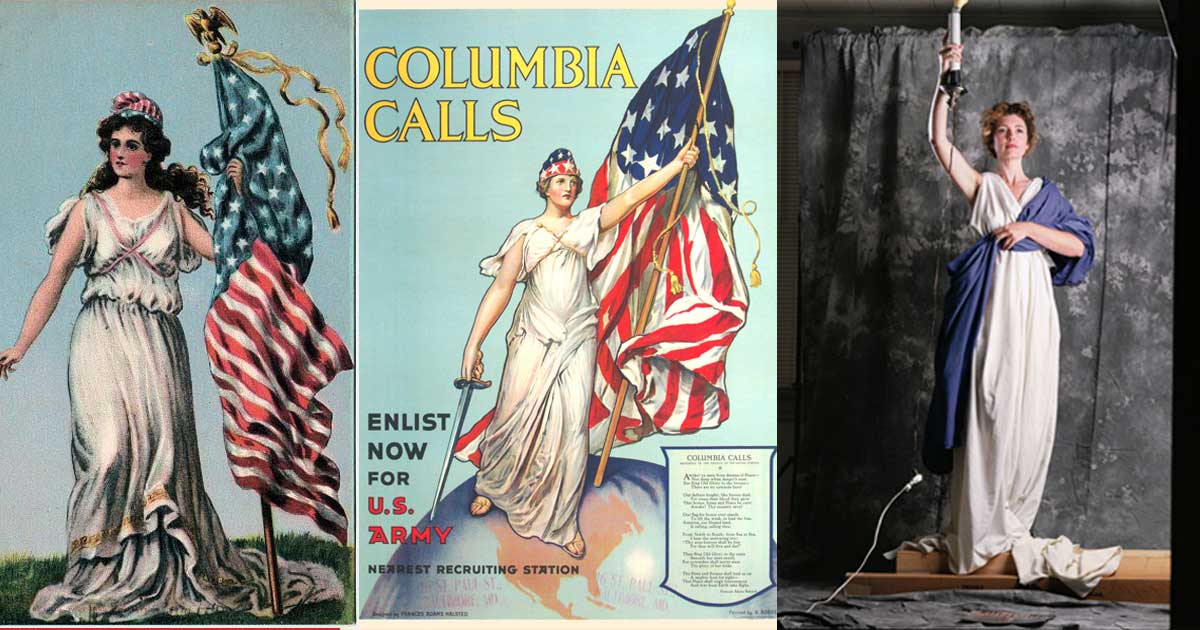
We explain the different types of American progressivism from the founders, to the Reform movements, to Bryan and the Roosevelts, to the progressives and populists of today.

On this page we discuss the concepts of fairness, justice, morality, and ethics as they relate to Utilitarianism.
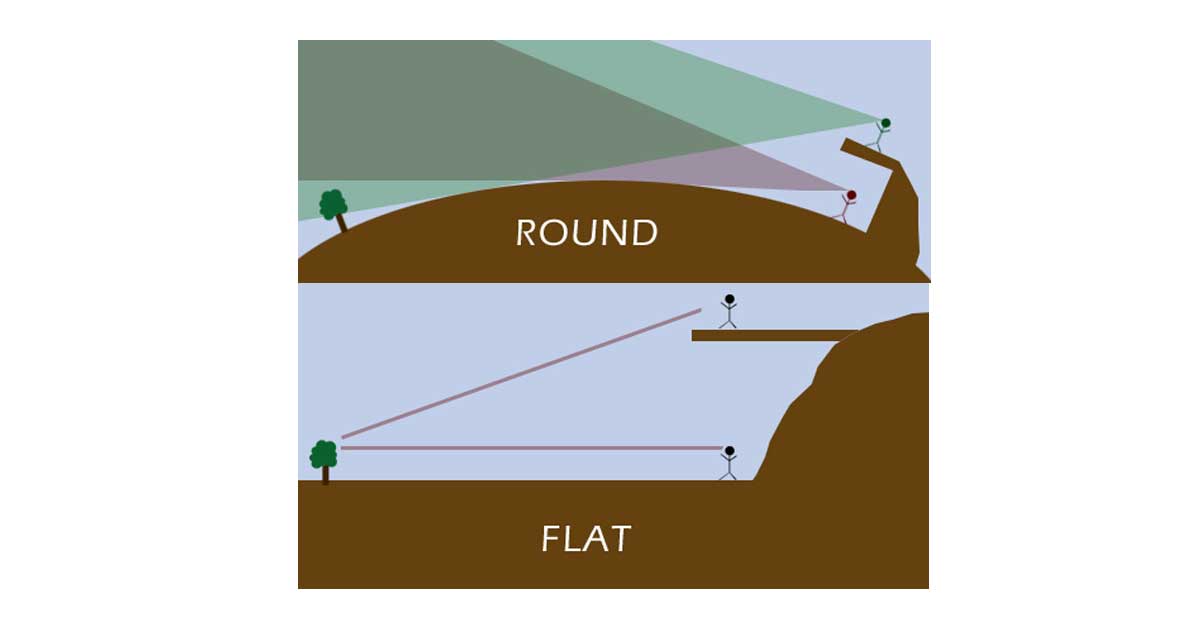
Reason is the application of “pure logic”, empirical evidence, experiment, and skepticism to find truths, facts, and theories (AKA “critical thinking”).

We present a simple guide to Marx, Marxian class theory, Marx’s theory of history, and Marx’s economic theories to help westerners understand what Marx was all about.
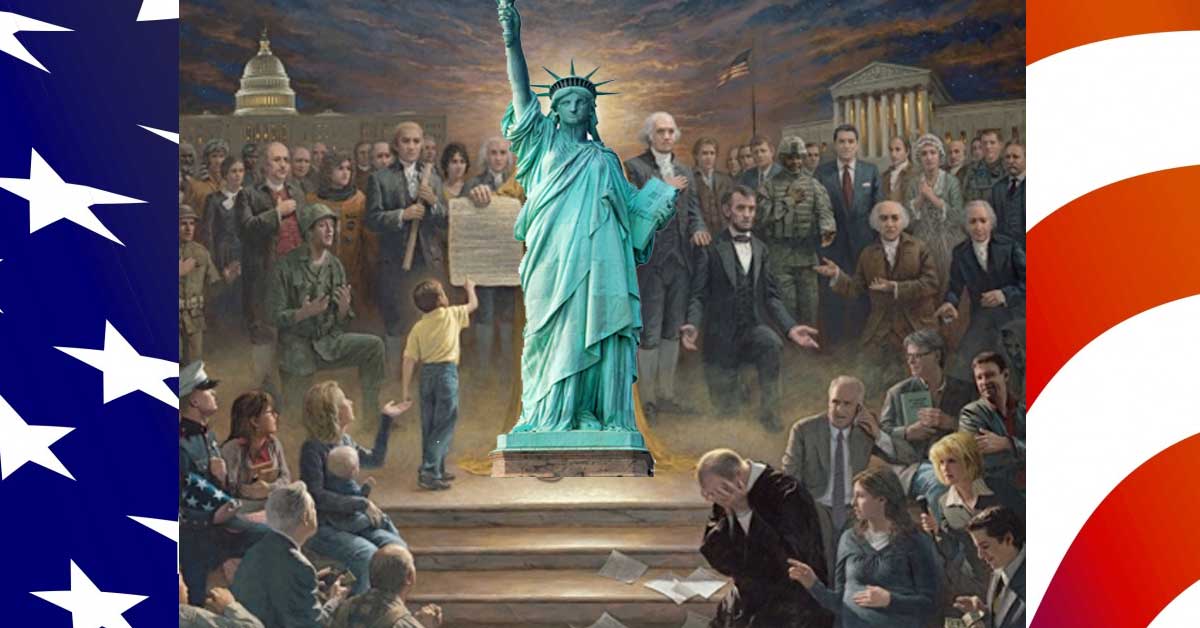
“Civil Religion” is the civic “religion” of a nation. It doesn’t describe the theological religion of a nation, but rather a quasi-religious shared identity built around national symbolism and customs.
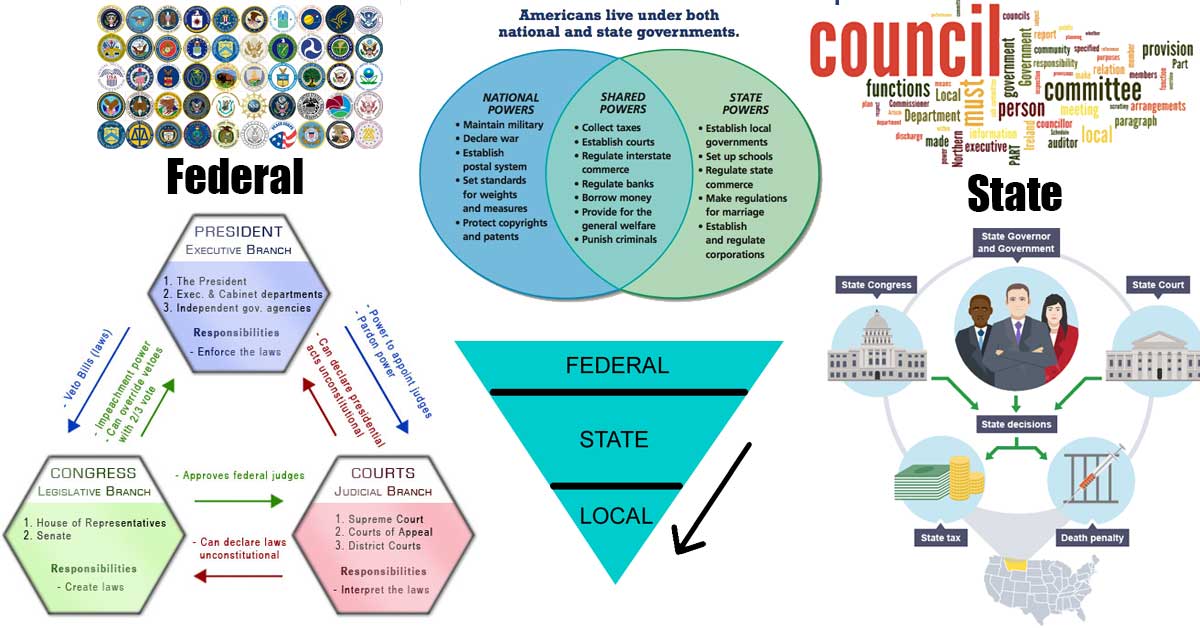
Separation of Powers describes the way in which government is divided into different branches (ex. in the U.S., the legislative, executive, and judicial). Checks and balances describe the powers each branch has to “check” the other branches and ensure a balance of power.